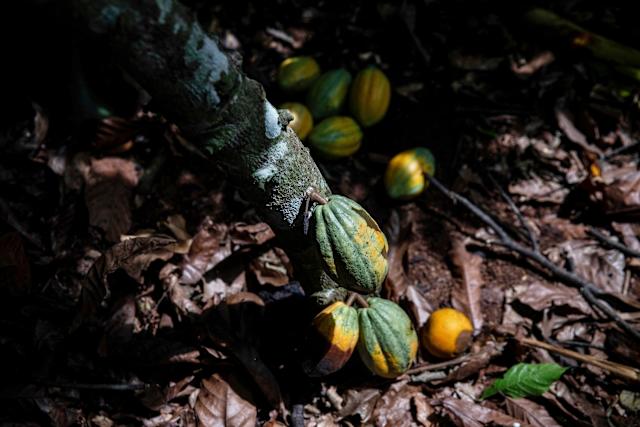
Diabetes Patients Lament As Cost Of Medication Soars From N70,000 To N180,000

Diabetes patients in Abuja have lamented the surging cost of medications, which they said increased from N70,000 to N180,000 per month.
The patients shared their growing concern in an interview with journalists on Friday. Bernard Enyia, the vice-president of the Diabetes Association in Nigeria, who narrated his situation, said that last year, he was able to manage his diabetes with a monthly budget of N70,000 for insulin and other medical expenses.
Today, I spend over ₦180,000 each month, a figure that more than doubled,” he noted.
He added that the increase in the cost of medications was unsustainable for many Nigerians as insulin, an essential life-saving medicine for diabetes, has become a luxury many can no longer afford.
“As a result, many people living with diabetes have resorted to rationing their medicines. Some have embraced unorthodox means, while others have stopped taking any medications,” Enyia added.
According to him, diabetes complications are debilitating, and if poorly managed, the disease can damage blood vessels and lead to heart attack, stroke, kidney failure, and blindness, among others.
He said that the World Health Organisation (WHO) has also linked the consumption of Sugar-Sweetened Beverages (SSBs) to increased risk of Type 2 diabetes, obesity, and cardiovascular diseases.
Ibrahim Babayaro, a teacher in Abuja, called on the government to subsidise essential medications and enhance healthcare infrastructure to ease the financial burden on citizens.
Juliet Bernard, a pharmacy director in Abuja, highlighted the doubled cost of insulin, stating that most people with diabetes depend on insulin to manage their blood sugar levels.
Most people suffering from diabetes depend on insulin to manage their blood sugar levels, injecting themselves twice daily, this is why the disease is expensive to manage, she said.
Diabetes, a chronic illness that affects blood sugar (glucose) processing in the body, can be particularly challenging for those with Type 2 diabetes. This common disease is characterised by the body’s insufficient insulin production or resistance to insulin. Insulin is a crucial hormone that helps maintain blood sugar levels and metabolism, converting food into energy.
Read More:
- Liberia: How U.S. Delegation Walkout Soured Liberian Independence Day Celebration
- Nigeria’s Female Basketball Team Beats Liberia 90-9 in FIBA U18 AfroBasket Qualifiers
About The Author
Related Articles
Ivory Coast to Buy Unsold Cocoa to Support Farmers
Ivory Coast has announced a government plan to purchase unsold cocoa stock...
ByWest Africa WeeklyJanuary 23, 2026Ghana Moves to Reclaim Kwame Nkrumah’s Former Residence in Guinea
Ghana has embarked on a diplomatic and cultural initiative to reclaim the...
ByWest Africa WeeklyJanuary 23, 2026Senegal Honors Players and Coach After AFCON Triumph
Senegal has formally honored its Africa Cup of Nations winning team, awarding...
ByWest Africa WeeklyJanuary 23, 2026Burkina Faso, Mali, and Niger Turn to Russia for Shared Telecom Network
Burkina Faso, Mali, and Niger have announced plans to develop the Sahel’s...
ByWest Africa WeeklyJanuary 23, 2026











